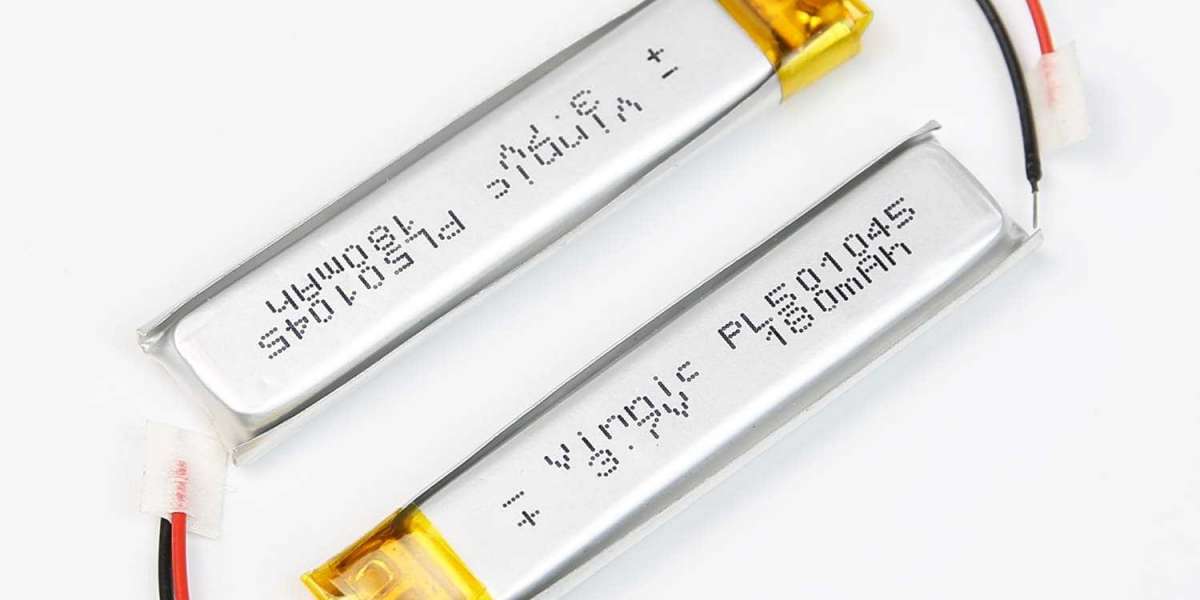In the process of using lithium-ion batteries, many people will store the batteries fully charged, but in fact this method is incorrect and even causes great harm to the batteries. So what are the harms of doing so? The following will be explained to you by the technical staff of the lithium-ion battery manufacturer:

During the use and shelving of lithium-ion batteries, the SEI film is continuously formed/consumed by the battery, which will generate gas that helps the negative electrode to form films, and flatulence (bulging) will occur; the excessively active crystals inside the lithium-ion battery lead to battery flatulence (bulging). The general reason is that the battery is overcharged, overdischarged, the charging current is too large, and the long-term full charge storage; the long-term activity of the internal crystal of the lithium-ion battery is high, which will make the battery slowly bulge and be fully charged for a long time. This chemical reaction It has been carried out at a faster speed. Although the self-discharge rate of the battery is relatively low, the chemical reaction continues, which is faster than the reaction speed when the terminal voltage is 3.8V.
Regardless of whether a lithium-ion battery is used or not, the capacity will inevitably be lost over time. This refers to the irrecoverable loss. From the moment the lithium-ion battery leaves the factory, this chemical reaction that causes capacity loss will It starts slowly. When the battery voltage is relatively high, the reaction is faster. Therefore, if the lithium-ion battery is not used for a long time, the terminal voltage is 3.8V, so that the above reaction will not be too fast, and it will not lose power after long-term storage. Over discharge, 3.8V is the result of comprehensive consideration, so the vast majority of new lithium-ion batteries are 3.7-3.9V.
The battery protection board in the lithium-ion battery pack will have some self-consumption current more or less, so the inferior protection board is likely to increase the value of this self-consumption current, which will also indirectly cause the irreversible capacity of the battery. loss!
At the same time, long-term storage of fully charged lithium-ion batteries has disadvantages:
1. It will increase security risks;
2. Accelerate battery aging;
Therefore, lithium-ion battery manufacturers remind everyone: do not store the battery fully charged during the process of storing the battery, and be sure to leave a little margin.



